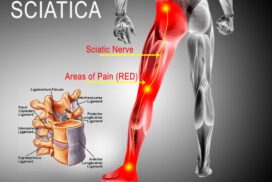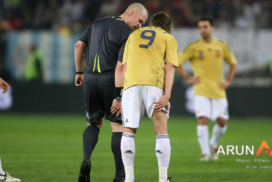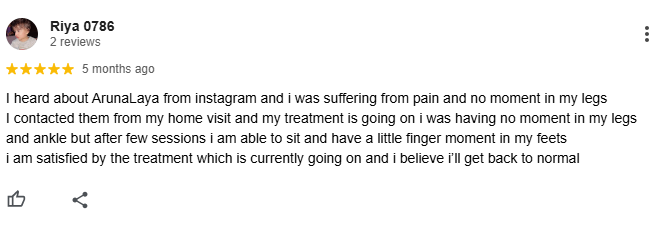Best exercise for lower back pain relief
Introduction Back pain is a common condition that affects millions of people worldwide . It can range from mild ,acute pain to severe chronic pain that interferes with daily activities…




Arunalaya offers advanced physiotherapy with cutting-edge technology like Shockwave Therapy. Specializing in sports injuries and pain management, we ensure personalized care. Recover faster and live pain-free with expert treatment.
Instructor: Dr. Chakshu Bansal the founder of Arunalalya Physiotherapy and Sports Rehab Center, she is the only Instructor of Advanced Manual Therapy KKMT. She has treated major personalities and treated Delhi Commissioner, CM Himachal Pradesh, Wife of CM Telangana, Former Health Secretary of India. Ph.D. (USA), Master in Physiotherapy (Musculoskeletal), Certified Dry Needling Practitioner and Instructor (South Africa), Certified Manual Therapist, Certified Taping Master Trainer (Canada), Certified Pilates Instructor, Certified Manual Therapist, Certified EMG-NCV therapist (USA), Certified Sport sector trainer(Govt. of India), Academic head & Instructor (KKMT ASIA), Developer Tapedia – Encylopedia certified taping.
In addition to possessing all the requisite qualifications, she holds three world records in the field and is the author of six internationally recognized books including Magical Manus (book on Soft Tissue Manual Therapy) and A Practical Guide on KKMT (book on 3D Manual Therapy).

All the protocols are supervised by our expert team of doctors.
We try not to make you wait and get your treatment as early as possible.
If you are away from us or can't come to our center, we provide home visit physiotherapy. Our professionals will visit your place and provide you best treatment guided by Dr. Chakshu.


Introduction Back pain is a common condition that affects millions of people worldwide . It can range from mild ,acute pain to severe chronic pain that interferes with daily activities…
परिचय साइटिका एक सामान्य और अक्सर दुर्बल करने वाली स्थिति है जिसमें दर्द होता है जो साइटिका तंत्रिका के रास्ते में फैलता है, जो पीठ के निचले हिस्से से प्रत्येक…
Table Of Contents Introduction Sciatica is a common and often debilitating condition characterized by pain that radiates along the path of the sciatic nerve, which runs from the lower back…
















Sciatica treatment in Karol Bagh | Best treatment and cure for Sciatica | Sciatica solutions Delhi NCR | Custom Orthotics to cure Sciatica | Sciatica clinic Delhi | Sciatica exercise and physiotherapy in Rajendra Nagar | Sciatica treatment without surgery | Sciatica specialist Patel Nagar | Home visit physiotherapy Sciatica
